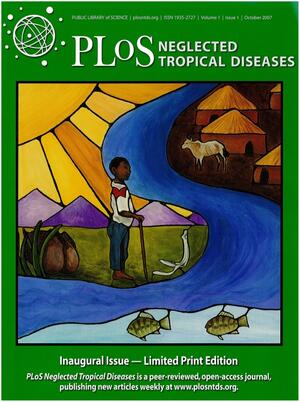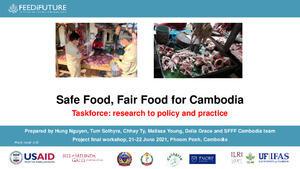
Economic valuation of sheep genetic resources: implications for sustainable utilization in the Kenyan semi-arid tropics
Abstract
Sheep, recognised as one of the important livestock species especially in the semi-arid tropics with high genetic resource potentials, can be exploited through sustainable utilization in order to improve livestock keepers’ livelihoods. This study presents the evaluation of the economic values of sheep genetic resources (SGR) in terms of the important non-market traits embedded in sheep and how this information can be utilised to improve livelihoods in semi-arid regions. The results obtained from mixed logit models results derived from stated choice data collected from 157 respondents in the semi-arid Marsabit district of Kenya reveal that disease resistance is the most highly valued trait whose resultant increment results into a welfare improvement of up to KShs.1537. Drought tolerance and fat deposition traits were found to be implicitly valued at KShs.694 and 738 respectively. The results further point out that for livestock stakeholders to effectively improve the livelihoods of poor livestock-keepers, development strategies for improving the management and/or utilisation of SGR in terms of drought tolerance, should not only be tailor made to target regions that are frequently devastated by drought but should also succeed other strategies or efforts that would first lead to the improvement of producers’ economic status.
Citation
Omondi, I.A.; Baltenweck, I.; Drucker, A.G.; Obare, G.; Zander, K.K. 2008. Economic valuation of sheep genetic resources: implications for sustainable utilization in the Kenyan semi-arid tropics. Tropical Animal Health and Production. (40): 615-626.










